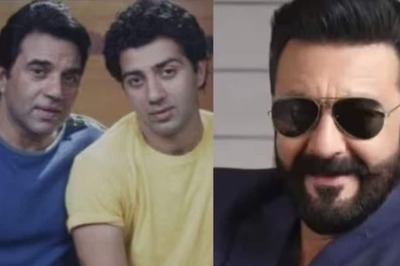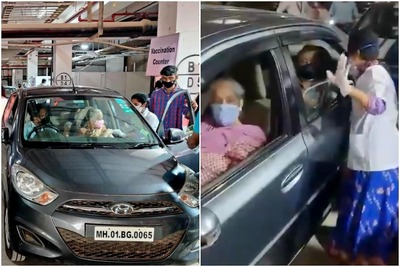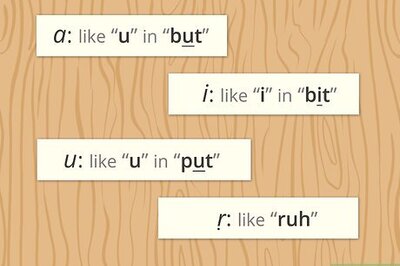
views
There was a time when films glorified war. Take, for instance, movies like Von Ryan's Express, The Battle of the Bulge and Where Eagles Dare. On World War II, these works mostly spoke of the Allied efforts to free a good part of the world from the Nazi tyranny. But they also underlined the futility of war, of the humungous loss to life and property. Not to speak of the terrible suffering men and women faced as they lived through the dark times.
But modern films on war like Dunkirk or Saving Private Ryan or even The Hurt Locker (to an extent) are not propagators of war. As one watches them, one can easily understand that they are, beyond everything else, a call to end wars.
This is where Aditya Dhar's Uri: The Surgical Strike falters. As much as it is a movie that focuses on a military strike to eliminate terrorist bases inside Pakistan, one cannot miss the cry for revenge here – both at the political and personal level.
When Pakistani forces – according to the film – strike an Indian Army camp in 2016 and kill many sleeping soldiers, New Delhi decides that it is time to retaliate in the same way, by hitting out at Pakistani terrorists.
There is torture and confession, there is also confession from one in drunken stupor. And there is this old Bollywood trait of making some appear inefficient.
There is one Pakistani official, who is shown in Uri as a bumbling fool; he is constantly burping and popping antacid, and we in the audience are supposed to laugh. There is another official who cannot play golf even to save his life.
And, there is yet another Pakistani official (Minister, maybe), who visits a friend for a ‘biryani’ dinner, gets drunk and lets himself be injected with a drug that makes him blurt, and he does that, giving away vital information which saves the movie's protagonist, Vihaan Shergill (Vicky Kaushal), and his commando team on their way to strike Pakistani terror camps.
Then Vihaan himself says yes to the do-or-die mission perhaps because his brother-in-law gets killed in the attack on the Indian Army camp. So, there is personal revenge here as well that gets elaborated when Vihaan confronts, Idris, the mastermind of the camp massacre. Look at the way, Vihaan begins to fight Idris with bare hands. No guns here!
Finally, when the Indian commando team is heading back home on foot through the jungles, in the darkness of the night, a Pakistani chopper attacks them, firing at the running men from the air. Not one Indian soldier gets shot! He could not be, because Vihaan had promised India's Prime Minister that he would make sure every commando returns home unscathed.
Uri is also badly scripted, often unrealistically so, besides seeming like a war cry, a revenge saga. Certainly, this is not the kind of cinema we ought to be making in disquieting times like these.
(Gautaman Bhaskaran is an author, commentator and movie critic)




















Comments
0 comment